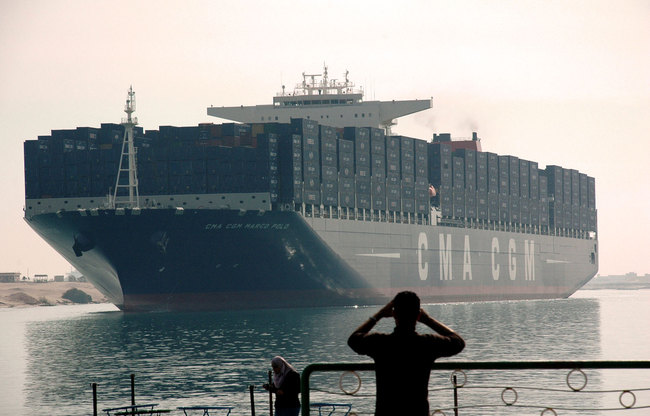The government has no intention to decrease the income tax applied on investments in the Suez Canal economic zone, which is estimated at 22.5%, Minister of Investment Ashraf Salman said.
“The government conducted comprehensive studies, comparing the tax value applied in neighbouring economic zones. Only the Moroccan market imposes a lower tax, at 19%,” he said during a workshop to discuss investment law on Friday.
Head of the Suez Canal Economic Zone Ahmed Darwish previously announced that a feasibility study will take place for the application of the 22.5% tax value in the Suez Canal, against the 10% that was applied before the decision. Darwish was appointed after the decision to stabilise the tax was made.
Meanwhile, Salman said the government did not receive any study results to reduce this tax. Salman said stabilising the tax will have a stronger impact on the investor than reducing it.
Egypt has only one economic zone, the North-West Suez Gulf Economic Zone. This economic zone was transformed into the Suez Canal Economic Zone, which has an independent law and is permitted to issue licences for investors and undertake decisions to initiate operation.
The government stabilised the income tax value at 22.5% for all new investments to reassure investors regarding Egypt’s tax policies. Companies, which were established in the North West Gulf of Suez Economic Zone before stabilising the tax value, are exempted from the decision throughout the periods of the projects they have undertaken.
Salman said stabilising the tax ensures justice in applying taxes for investments inside and outside the economic zone.
Maintaining the 10% tax on investments in the economic zones will encourage investors to move their businesses inside the economic zones to benefit from the low tax, which will cause the state to incur significant losses.
According to Salman, the government only implemented EGP 20bn investments in the first half (H1) of the current fiscal year (FY) 2015/2016. The budget of the current FY allocates EGP 75bn for investment.
He said the first half of any FY always witnesses the pumping of small amounts of governmental investments, and by the last months of the year, these investments increase. Salman said over the last FY 2014/2015, the government pumped only 25% of the planned investments.
He added that the government targets attracting private sector investments ranging between EGP 300bn and EGP 320bn to achieve the targeted economic growth.
Commenting on the sharp decline of the Egyptian Exchange (EGX) last week, Salman said it is a normal decline. The local market was affected by the decline hitting all international markets with the slowdown of growth in the majority of the economies and the fall in oil prices.
He said that the US Dow Jones Index retreated Friday by about 300 points, equal to 2.5%, which usually does not happen in the stable major markets. “EGX is a misleading mirror and does not reflect the future of the Egyptian economy, due to the weak representation of the companies listed in the market,” he said.
According to international economic norms, the stock market is a mirror of the economy, reflecting its future and expected movements. However Salman said the majority of the Arab stock markets do not reflect the reality and the future of the economy.
He said the number of listed companies in the EGX do not exceed 240 companies, noting that this is a very small rate compared to the 100,000 companies established since 1970, registered in General Authority for Investment and Free Zones (GAFI).
He said the market capital of the companies listed in EGX, estimated at approximately EGP 380bn, represents less than 25% of Egypt’s gross domestic product (GDP) of EGP 1.9tn.
The minister said the stock market does not reflect the economy’s future as long as the ratio of the market capital to the GDP is less than 60%.
The EGX witnessed a sharp decline throughout last week’s sessions, with rates amounting to 4% in one session, shedding about EGP 45bn from the market capital.



